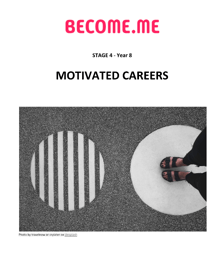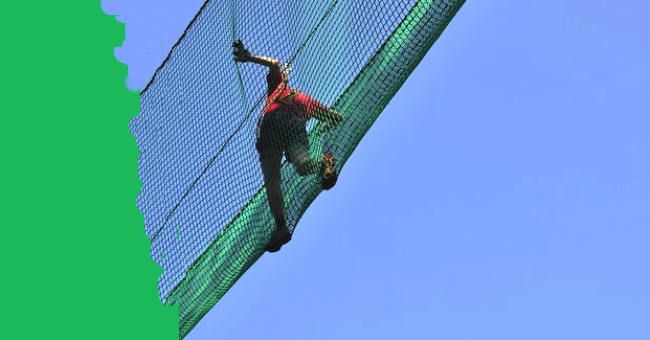How do young people arrive at a point when they decide ‘what I want to do when I finish school’? This has been a passion of mine throughout my career as a teacher, careers counsellor and most recently, as Director of Curriculum.
During this time, it has concerned me that schools have generally not been able to give adequate time to developing the essential skills and awareness that young people need to manage their future lives.
The overcrowded curriculum is the main barrier – there is no time! So, career education has been about the essentials, to what they need to know or do, such as how to write a resume, interview skill workshops, applying for tertiary courses, career personality inventories or aptitude tests.
These are all vital tools and supports but they usually sit in the Career Counsellor's ‘box’ with little input from the teachers who spend the largest portion of school time with students.
Fast forward to 2020, when the world threw us a curveball with Covid19. Or, in the words of Dr Spock from Star Trek,
“It’s life, Jim, but not as we know it!"
Life certainly did change, and for many young people, a somewhat smooth or predictable journey to life after school, may have suddenly became an unpredictable one, full of changes and surprises. Many students witnessed negative effects on their parents’ careers or jobs, only adding to their uncertainty about what the future may hold for them.
Covid changed and continues to change the rules of engagement, not only for young people but for schools as well. These rules of engagement now require students to have skillsets that enable them to deal with the fact that change is inevitable; that they need to seize opportunities as they arise, and that they:
'need skills in resiliency so that they can respond positively to setbacks.'
My decision to join the team at Become Education was evidence-based. I could see a rigorous, curriculum-based careers education program (currently Year 5 – 10) embedding the above rules of engagement and critically, being aligned with the Australian Curriculum and the Australian Blueprint for Career Development.
Central to the Become approach is the ideal (or what I call ‘utopia’) of putting classroom teachers at the centre of their work with young people, working with enthusiastic careers counsellors, to create a team-based approach to learning and enhancing students’ skill sets to navigate how they see the world through the 3As: Awareness, Aspiration and Agency and, most importantly, to ‘become me’. Become Me is a significant contributor to social and emotional learning, and hence, student wellbeing.
My additional evidence is provided by my 2021 experiences. I spent the first half of 2021 leading a team of diverse Year 9 teachers in implementing the Become Me curriculum as a vital part of the Year 9 personal development program. A colleague described the lesson plans and accompanying slide sets as robust.
Students were guided to acknowledge and identify who and what were the push and pull factors in their lives via a visual drawing.
"I witnessed students grow in confidence in the way they approached their exploration of the Become.Me app and the way they spoke about possible futures they were unpacking."
In just one example, I observed notable changes in a specific student after her engagement with the Awareness lessons and her use of the app. As she added careers to her ‘Yes’ column and noted why she had put them there, we were able to talk about the patterns emerging. Through a two-way chat, she was able to realise that what she was doing was articulating her strengths and interests. She then she sat up straighter, smiled and said, ‘Wow! That’s me! I’m now feeling cool about that’. In subsequent lessons, she has worked more confidently and with purpose.
The future is bright! I am excited to be part of a powerful Careers Education program that supports young people in their personal career explorations; explorations that can be done early, often and integrated. I look forward to working with you to explore how the Become approach can work with your students in your school context.




